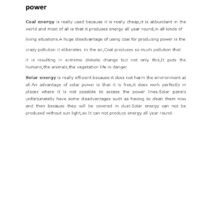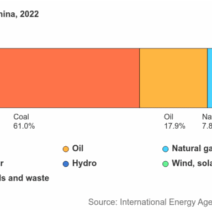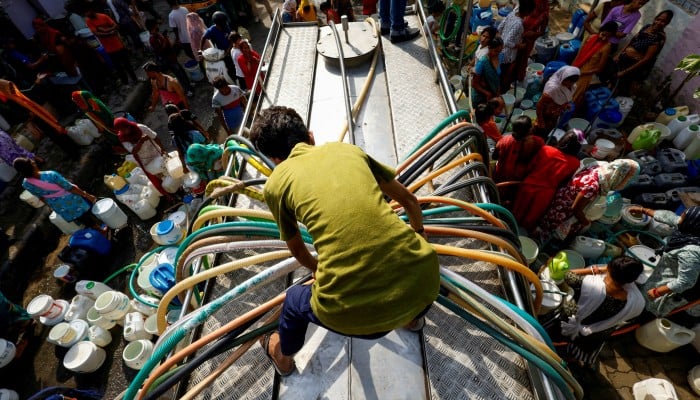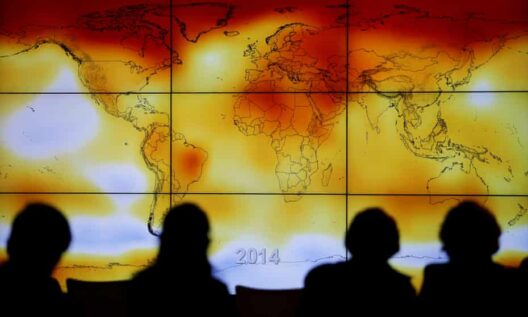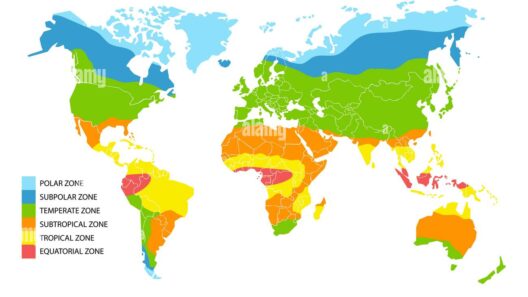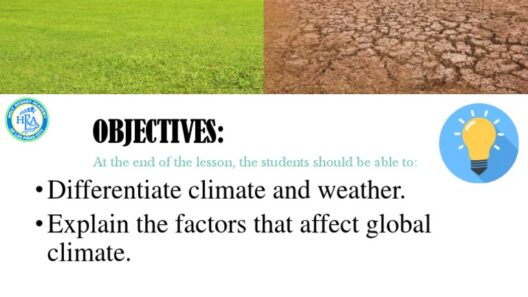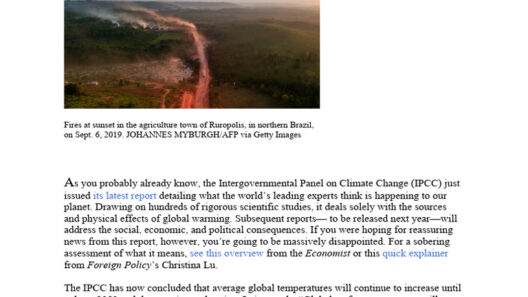Climate change is an omnipresent challenge that poses significant threats to ecosystems, human health, and livelihoods. While every country contributes to greenhouse gas emissions in some capacity, the extent and intensity of each nation’s impact vary remarkably. So, which countries are heating up the planet the most? And how can we as global citizens respond to this urgent dilemma? Let’s embark on an exploration of the primary culprits fueling climate change, the implications of their actions, and potential pathways to rectification.
The primary driver of global warming is the emission of greenhouse gases, primarily carbon dioxide (CO2), methane (CH4), and nitrous oxide (N2O). These gases trap heat in the Earth’s atmosphere, leading to a rise in global temperatures. The connection between fossil fuel consumption, industrial activity, and greenhouse gas emissions is particularly strong. Consequently, the countries with the highest carbon footprints are often those with robust industrial sectors, substantial population densities, and expansive energy demands.
First on the list is China, which has emerged as the world’s leading emitter of carbon dioxide. Its rapid industrialization over the past few decades has propelled economic growth but has also resulted in staggering emissions. Power generation, primarily through coal, fuels much of this pollution. According to recent assessments, China’s industrial activities contribute more than a quarter of global emissions. This unrelenting pace of development raises a challenging question: How can one of the world’s largest economies reconcile its growth ambitions with the imperatives of environmental stewardship?
The United States follows closely, ranking as the second-largest emitter of CO2. The combination of extensive transportation networks, energy-intensive industries, and a high per capita carbon footprint underscores the nation’s significant contributions to climate change. Notably, the oil and gas sectors dominate the U.S. emissions profile. Ironically, the country that has historically been a beacon of innovation and leadership often grapples with policy paralysis regarding climate action. Could it be that a cultural shift towards sustainability could unlock the potential for transformative environmental policies?
India ranks third, experiencing rapid urbanization and economic development. The country’s reliance on coal for electricity generation exacerbates its greenhouse gas emissions. With a burgeoning population and increasing energy demands, India faces a pivotal choice: pursue aggressive economic growth or prioritize sustainable development. This conundrum poses a unique challenge in balancing the needs of its citizens and the global responsibility to mitigate climate change.
Following India, the European Union collectively ranks as a major emitter. However, individual countries within the EU exhibit varied emission profiles. Germany, for instance, has built its economy around manufacturing and automotive production, leading to significant CO2 output. In contrast, countries like Sweden and Denmark have made strides toward sustainability, setting ambitious targets for reducing emissions. This raises an intriguing question: Can the EU’s diverse approach serve as a model for other regions grappling with environmental woes?
Another noteworthy contributor is Russia, which relies heavily on fossil fuel exports. The extraction and combustion of oil and natural gas generate considerable emissions. Owing to its vast geography and diverse ecosystems, Russia is also particularly vulnerable to the impacts of climate change, including permafrost thaw and increased wildfires. The complexity of addressing emissions while managing economic reliance on fossil fuels presents a conundrum that demands urgent attention.
Brazil showcases another facet of the climate crisis. As home to the Amazon rainforest, this country holds a vital role in global carbon sequestration. Yet, deforestation driven by agriculture and illegal logging has led to significant carbon emissions. This paradox exemplifies the need for conservation efforts to align with economic development initiatives. Will Brazil prioritize protecting its natural resources, or will the temptation of short-term gains prevail?
Moreover, emerging economies such as Indonesia and Mexico contribute to global warming through deforestation and industrialization. Indonesia, in particular, faces challenges such as palm oil production, which contributes to extensive rainforest destruction. The complexity of balancing economic growth with environmental responsibility poses acute ethical dilemmas for policymakers. How can these nations find sustainable pathways that respect both economic and ecological necessities?
The impact of these leading emitters is felt globally, with consequences ranging from rising sea levels and increased weather extremes to threats to biodiversity. Global citizens must ask themselves what role they play in this narrative. Are we simply passive observers, or can we actively shape the discourse around climate policy and sustainability?
Engagement in climate activism, support for renewable energy initiatives, and advocating for environmental policies can drive systemic change. Individuals can embrace sustainable practices, such as reducing waste, promoting energy efficiency, and championing local and sustainable food sources. Collectively, we can apply pressure on governments and corporations to prioritize climate action and invest in innovative technologies that enhance sustainability.
Ultimately, addressing climate change demands an unprecedented level of global cooperation. This unique quandary challenges us to think critically about our intertwined futures. As we witness the changing climate, the question remains: How will we collectively respond, and are we prepared to confront the implications of these challenges head-on? Each of us has a voice in this urgent dialogue. The fate of the planet hangs in the balance, and it is our obligation to participate meaningfully in shaping its future.
